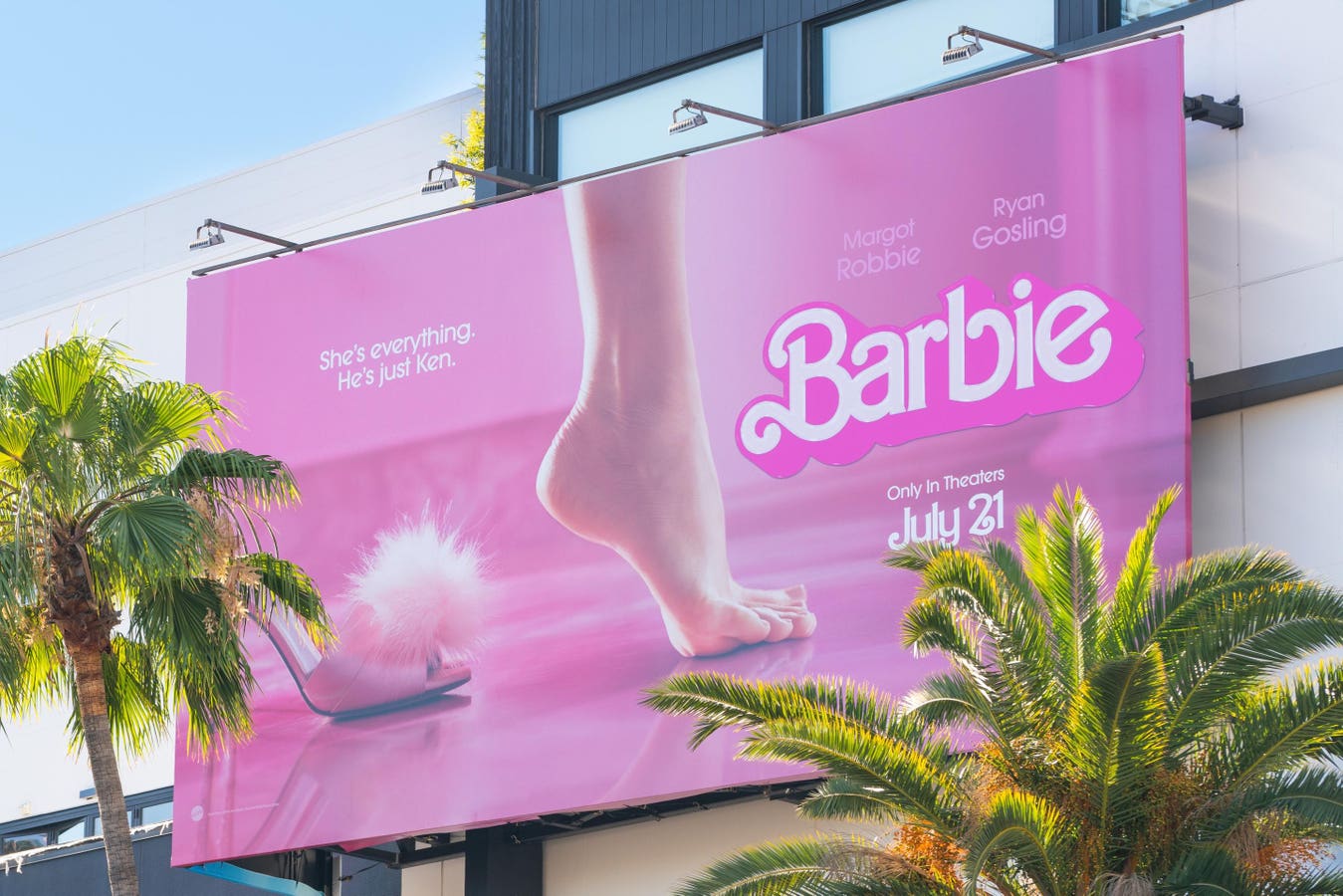Mattel easily beat expectations for sales and earnings in the third quarter, and raised its earnings guidance for the full year, but the boost it got from the Barbie movie wasn’t enough to lift its stock price. Shares fell by more than 7% in after hours trading immediately following the earnings release.
The toymaker reported net sales of $1.92 million, up 7% in constant currency. Net sales rose 9% unadjusted for currency exchange. It reported adjusted earnings of $1.08 per share, beating consensus expectations for 86 cents per share. Mattel raised its earnings forecast for the year to between $1.15 and $1.25, up from the previous guidance of $1.10 to $1.20.
Mattel executives credit the Barbie movie, the year’s highest grossing film, with playing a big role in lifting sales and earnings.
“Our results benefited from the success of the Barbie movie, which became a global cultural phenomenon, and marked a key milestone for Mattel,” Mattel Chairman and CEO Ynon Kreiz said in announcing the results.
Mattel has calculated the revenue boost from the Barbie movie to be $125 million, including sales of dolls and related merchandise, and movie earnings. The majority of that revenue was realized in the third quarter, according to Mattel.
Gross billings in the doll category were up 24%, and Barbie sales were up 14%.
Mattel executives, speaking to investors in a conference call after the earnings release, said they expect the Barbie movie to be a catalyst to drive sales for years to come.
“The movie has broadened Barbie’s fan base,” and also showcases the potential value of all of Mattel’s toy properties, and Mattel’s ability to work with top talent to produce other films, Kreiz said during the call.
“The vision from the outset was to collaborate with leading filmmakers to make standout quality movies based on our iconic brands that will resonate in the culture and appeal to global audiences,” Kreiz said.
“There is no question that the success of Barbie repositioned Mattel as an important player in Hollywood. The strength of our brands, the cultural resonance of our franchises is an important factor,” he said.
The success of Barbie, Kreiz said, also demonstrated the marketing potential of Mattel. “We are also experts in demand creation. We generate year-in and year-out billions worth of demand for our product,” he said. With the movie, Mattel leveraged its reach and expertise to promote and market the movie together with Warner Bros to turn it into a cultural phenomenon, he said.
“We believe the success of the movie,” Kreiz said, “will accelerate our strategy, and not just in movies, but in other verticals.”
While saying they were upbeat about the fourth quarter, Mattel executives acknowledged that this has been a tough year for the toy industry, with sales down for the overall industry compared to last year. Toy retailers started the year with excess inventory from a weaker than expected holiday season last year.
Kreiz said that while declines in sales were steeper than expected during the first part of the year, the company now believes that shopping patterns are returning to normal, and that consumers are positioned to spend.
Mattel expects the overall toy industry, given the performance to date, to be down mid-single digits for the year, Kreiz said.
Read the full article here





